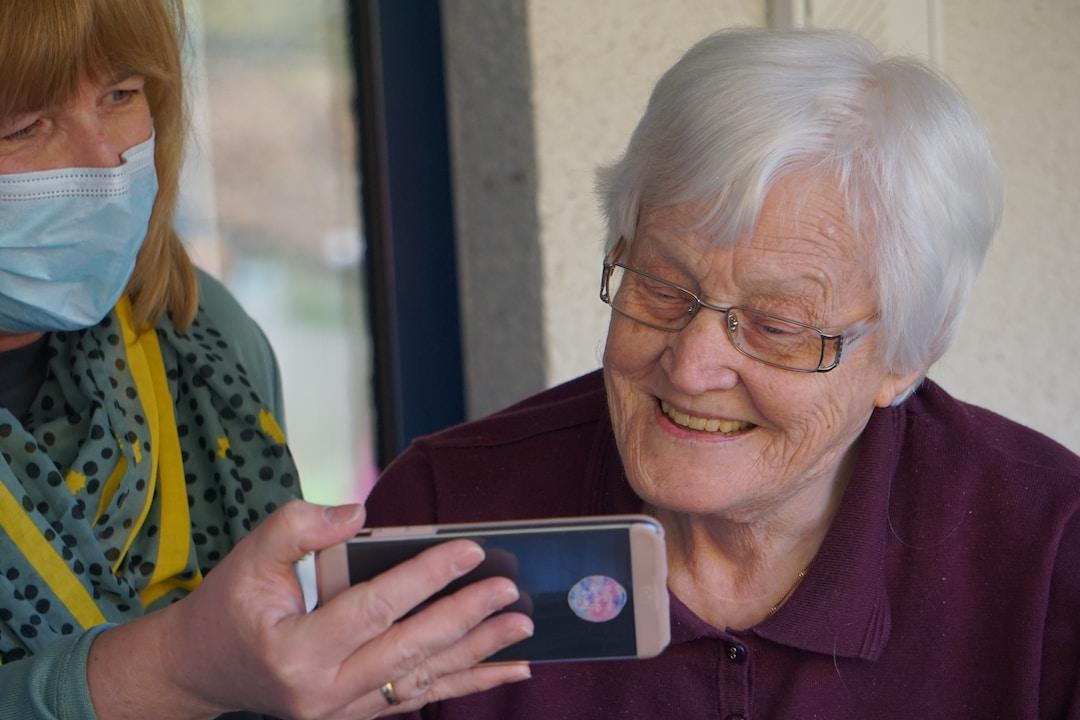As people grow older, they might encounter a variety of changes that can impact their daily activities. One of the most significant challenges they often face is mobility issues. Without adequate support, these issues can impair their quality of life and even lead to severe health complications. Below, we delve into the benefits that comprehensive care can offer to elders struggling with mobility concerns.
Understanding Mobility Concerns in the Elderly

Advancing age can bring about various physical changes that inhibit mobility. Reduced muscle strength, decreased bone density, balance issues, and diseases such as arthritis and osteoporosis are common factors contributing to seniors’ mobility problems. These conditions can make daily activities such as walking, climbing stairs, or even moving around the house difficult and potentially dangerous for seniors. Worst-case scenarios can lead to falls, which are a leading cause of fatalities in this age group.
It’s vital for elders and caregivers alike to recognize and address these mobility concerns early. By implementing precautions, potential injuries can be mitigated or entirely prevented. The first step towards ensuring seniors’ well-being is gaining access to quality nursing services that can provide personalized care catering to their specific needs.
Role of Comprehensive Care in Supporting Senior Mobility
Comprehensive care goes beyond simply providing medical assistance. It encompasses physical therapy, occupational therapy, safety measures, and even psychological support, all aimed at enhancing a senior’s quality of life. Physical and occupational therapies can help seniors maintain or improve their physical strength and balance, which are critical in preserving mobility. Home modifications may also be beneficial.
Comprehensive care also involves ensuring the safety of seniors at home. This can be achieved through modifications like installing handrails, removing tripping hazards, and even professional shower door installation to prevent bathroom falls. Psychological support is holistic care’s final cornerstone. Regular interaction and emotional support can help seniors maintain a positive outlook, which can inevitably encourage them to remain physically active and engaged in their own care.
The Impact of a Supportive Environment on Elderly Mobility
An environment catering to an elder’s specific needs can considerably impact their mobility. When a home is equipped with modifications, it can become a safer place that encourages independence while reducing the risk of falls. Similarly, a community that promotes healthy, active living can provide the encouragement and infrastructure for seniors to remain mobile. This might include accessible walking paths, aquatic therapy centers, and group exercise classes designed for older adults.
The support of family and peers is another element in fostering an environment conducive to getting seniors moving. Their encouragement can motivate elders to participate in physical activities, and their understanding can help alleviate any fears or resistance to using aids such as walkers or canes. Professional caregivers also play a pivotal role in maintaining a supportive atmosphere by providing assistance, overseeing safety measures, and offering emotional support.
Case Studies Demonstrating the Benefits of Comprehensive Care for Seniors With Mobility Issues

In the realm of elder care, numerous case studies highlight the profound impact that comprehensive care can have on seniors with mobility issues. These stories encompass individuals who regained their confidence, independence, and joy for life after receiving holistic care that addressed their needs. Such instances typically encompass elements like physical therapy, supportive home modifications, emotional accompaniment, and the consistent dedication and kindness of healthcare workers. These factors work together to dramatically improve seniors’ mobility and quality of life.
That being said, while every elder will have their journey and specific needs, these cases provide a beacon of hope and affirm that with proper care, seniors can lead fulfilling lives despite mobility issues. These success stories serve as a testament to the effectiveness of comprehensive care programs and the crucial role they play in supporting seniors’ mobility and overall health.
As you can see, addressing elders’ mobility concerns requires understanding their unique needs, providing comprehensive care, undertaking practical measures to enhance stability, fostering a supportive environment, and learning from successful case studies. This comprehensive approach enables elders to maintain their independence and enjoy an improved quality of life despite their mobility challenges.
Leave a Reply